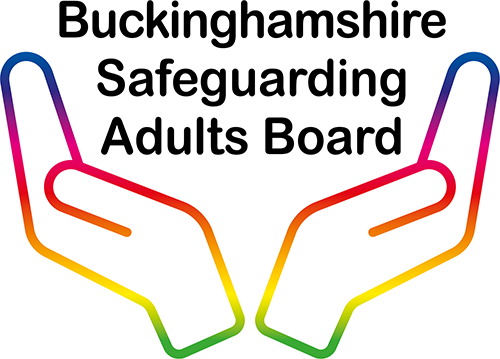Update from the National Panel Newsletter May 2021 – Key Messages/Extracts
In this exceptional year, local safeguarding partners have shown resilience, creativity and adaptability in the way that they have supported vulnerable children and families during the COVID-19 pandemic. However, the analysis shows that there is an urgent need for all agencies involved in safeguarding children to address the stubborn challenges which have too often undermined the quality of child protection practice; these issues include weak information sharing and risk assessment.
When there is a lack of appropriate and timely sharing of information between agencies, the needs of and risks to children will either not be recognised or not responded to appropriately. Examples include initial risk assessments not being updated in response to new information about parental mental health concerns and alcohol and substance misuse, or information about previous convictions for sexual offences not being shared due to a lack of understanding about GDPR and data protection regulations.
This is why we’re prioritising risk assessment and decision making in our 2021 work programme, but we recognise that these stubborn challenges are complex matters that cannot be tackled by individual agencies, departments or sectors working in isolation, so coordination at all levels of the safeguarding system is vital. We will be working closely with stakeholders to see how these perennial problems might be best addressed.
We are also working with the independent review of children’s social care to ensure that any recommendations take due account of the patterns and trends from serious safeguarding incidents. There are six key practice themes to make a difference in reducing serious harm and preventing child deaths, when abuse or neglect is a factor. These themes are not new, but they are the most urgent, and also the most difficult.
Underpinning all of them is the importance of effective leadership and culture – dimensions which too often are left unexplored in the case reviews that we see. We expect these six themes to be a focus for shared learning with safeguarding partnerships, and nationally, to improve the safeguarding system.
– Understanding what the child’s daily life is like
– Working with families where their engagement is reluctant and sporadic
– Critical thinking and challenge
– Responding to changing risk and need
– Sharing information in a timely and appropriate way
– Organisational leadership and culture for good outcomes
